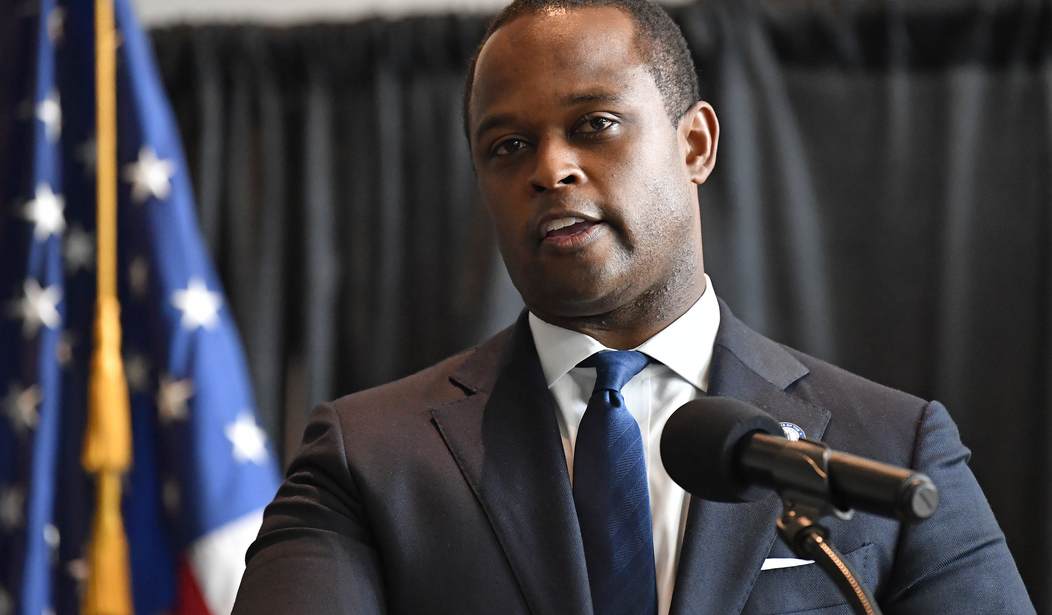A group of Republican Attorneys General filed an amicus brief on Monday in the court battle over Pennsylvania’s potential voter improprieties.
10 @RepublicanAGs led by @Eric_Schmitt today filed a multi-state amicus brief with #SCOTUS in the PA mail-in ballot challenge case.@JeffLandry @LeslieRutledge @AGSteveMarshall @AGAlanWilson @DanielCameronAG @LynnFitchAG@AshleyMoodyFL@KenPaxtonTX@SDAttorneyGen
— RAGA (@RepublicanAGs) November 9, 2020
#Election2020results Republican State AGs Jeff Landry (LA), Daniel Cameron (KY) Eric Schmitt (MO) Mike Hunter (OK) announce amicus brief to challenge PA mail-in ballot rules in U.S. Supreme Court @RepublicanAGs pic.twitter.com/JR14BOkBFd
— Harri Leigh (@Harri_Leigh) November 9, 2020
The group of Attorneys General, from 10 different states, asks the Supreme Court of the United State to reverse the Pennsylvania Supreme Court’s original ruling that allowed the state to accept ballots after polls had closed on election day, even without postmarks.
“The Pennsylvania Supreme Court’s decision overstepped its constitutional responsibility, encroached on the authority of the Pennsylvania legislature, and violated the plain language of the Election Clauses,” they write. “Worse still, the decision exacerbated the risk of mail-in ballot fraud by permitting mail-in ballots that are not postmarked or have no legible postmark to be received and counted several days after the election. The decision provided a window of time after Election Day, when the preliminary results were announced, in which unscrupulous actors could attempt to influence a close Presidential election in Pennsylvania and elsewhere.”
The power to regulate election procedure lies with the state legislatures, not the court, as the Attorneys General point out:
Recommended
“As with other separation-of-powers provisions in the Constitution, the Election Clauses’ explicit allocation of authority to state legislatures to regulate federal elections is a structural check on governmental power that preserves liberty. Encroachment on this authority by another state actor undermines the specific design for separation of powers in the Constitution. The violation of separation of powers in this case threatens the liberty of all Americans, not just Pennsylvanians. And it diminishes one of their most precious liberties—the right to vote for President of the United States.”
The Trump campaign and the Pennsylvania Republican Party are continuing the fight in court, hoping that the Supreme Court will rule the mail-in ballots received after election day as illegitimate.

























Join the conversation as a VIP Member